As the Trump administration continues its systematic effort to dismantle and humiliate every institution of liberal America, National Public Radio has issued its man-the-torpedoes command. In the equivalent of a red alert going off on the bridge in Star Trek, according to a New York Times report, NPR has ordered its local affiliates to contact their congressional representatives and beg for their professional lives. “Recission,” or revoking of already-allocated funding, is coming soon.
“Engage your board members,” the memo goes, “Community Advisory Board, station volunteers, major supporters, community partners, business leaders, and emergency officials who work with your station and ask them to communicate to Congress your opposition to recission.”
They didn’t need to end the memo with a scream emoji. That was implied; the bell has tolled at last. Barring some sort of political miracle, the era of federal funding for NPR is about to end. Your local pledge drives are about to get more frequent and desperate. It’s no longer Morning Edition in America.
Republicans have been trying to defund the Corporation for Public Broadcasting, which distributes money to PBS and NPR, since J.D. Vance was an Appalachian diaper baby. Ronald Reagan made a rescission play in November 1981. That cause has been a mostly-unserious plank of the right-wing platform ever since.
But not anymore. While the idea of defunding musty PBS, with its mostly stale programming and declining viewership, seems needlessly cruel, like hiding grandma’s knitting needles or grandpa’s model-train glue, NPR has morphed into a highly-partisan opposition media force, an ideological enemy to everything MAGA. The network was a key force in whipping up Covid lockdown fervor among its educated liberal audience. On gender, race, criminal justice, immigration, and pretty much any other major issue imaginable, it stands in direct polar opposition to Trump’s agenda. And as we’ve seen, Trump doesn’t take kindly to domestic enemies.
NPR CEO Katherine Maher, formerly the head of Wikipedia, hasn’t helped matters any. Before joining NPR, Maher tweeted that Trump was a “deranged, racist sociopath” and that America is “addicted to white supremacy.” She has infamously said, “Our reverence for the truth might be a distraction that’s getting in the way of finding common ground and getting things done” and that she sees the First Amendment as the “number one challenge” that makes it hard to “modify” content she doesn’t like.
Pervasive left-wing bias under Maher caused longtime NPR reporter Uri Berliner, hardly a MAGA figure, to publicly resign, saying that Maher had purged everyone from the newsroom who disagreed with her on any topic and had encouraged reporters to participate in political protests. When Maher testified before Congress in a March hearing about defunding PBS and NPR, she spent most of her time defending her outrageous Resistance statements, and further backed NPR into the corner in which it now finds itself, begging affiliates to beg sponsors to beg Congress for its survival.
The game is already up, though. A closer isn’t jogging in from the political bullpen to save this for NPR. And maybe that’s for the best. No one with any sense of discernment thinks that NPR actually represents something “national” or even “public” at this point. It’s as left-wing a media outlet as Mother Jones, redeemed only by Tiny Desk Concerts.
You hear Republicans complaining constantly about coverage in MSNBC, CNN, the Atlantic or the New York Times, but you don’t hear cries for defunding them. That’s because the government doesn’t directly give them money. If they’re biased against Trump, they’re biased on their own dime.
NPR is going to have to learn to live without government funds. The problem is that a lot of its supposed non-government money comes from the kinds of NGOs and arts organizations that the Trump administration is also surgically dismantling. It’s cruel, and Machiavellian, a kind of de facto death by dehydration, but it’s not an actual ban. NPR will continue to exist, but it’s going to have to find a new feeding trough.
Public radio has brought a lot of this upon itself. This week alone, NPR has made the wrong kinds of headlines by reporting, based on the testimony of an anonymous government official, that the Trump administration was looking to replace Secretary of Defense Pete Hegseth, who’s about as non-NPR a government official as you can imagine.
Axios reporter Marc Caputo, about as politically neutral a figure as exists in American journalism, tweeted out, “I can’t find one White House official, including some at the highest levels, who confirm the NPR report that the admin has started looking to replace Hegseth. “In Washington,” Caputo later wrote, “things can be true and false.”
That’s true (and false). But in a week where NPR is begging the federal government for hundreds of millions of dollars, it can’t afford to be wrong about anything.
NPR begs for its professional life
The era of federal funding for NPR is about to end
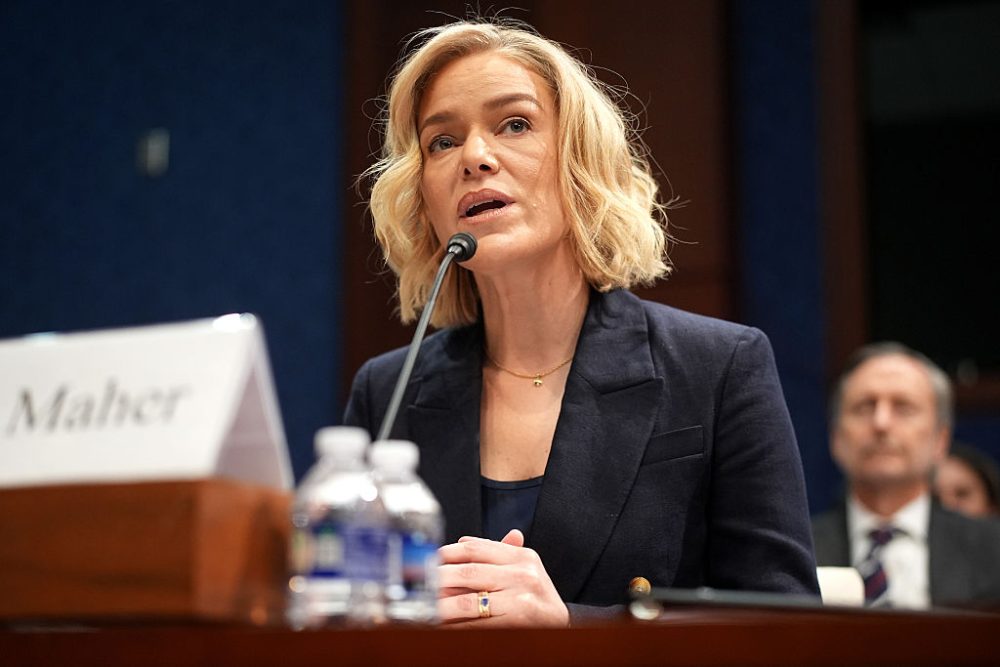
President and CEO of National Public Radio Katherine Maher (Getty)
As the Trump administration continues its systematic effort to dismantle and humiliate every institution of liberal America, National Public Radio has issued its man-the-torpedoes command. In the equivalent of a red alert going off on the bridge in Star Trek, according to a New York Times report, NPR has ordered its local affiliates to contact their congressional representatives and beg for their professional lives. “Recission,” or revoking of already-allocated funding, is coming soon. “Engage your board members,” the memo goes, “Community Advisory Board, station volunteers, major supporters, community partners, business leaders, and emergency officials…











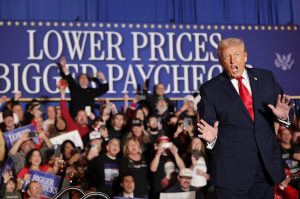
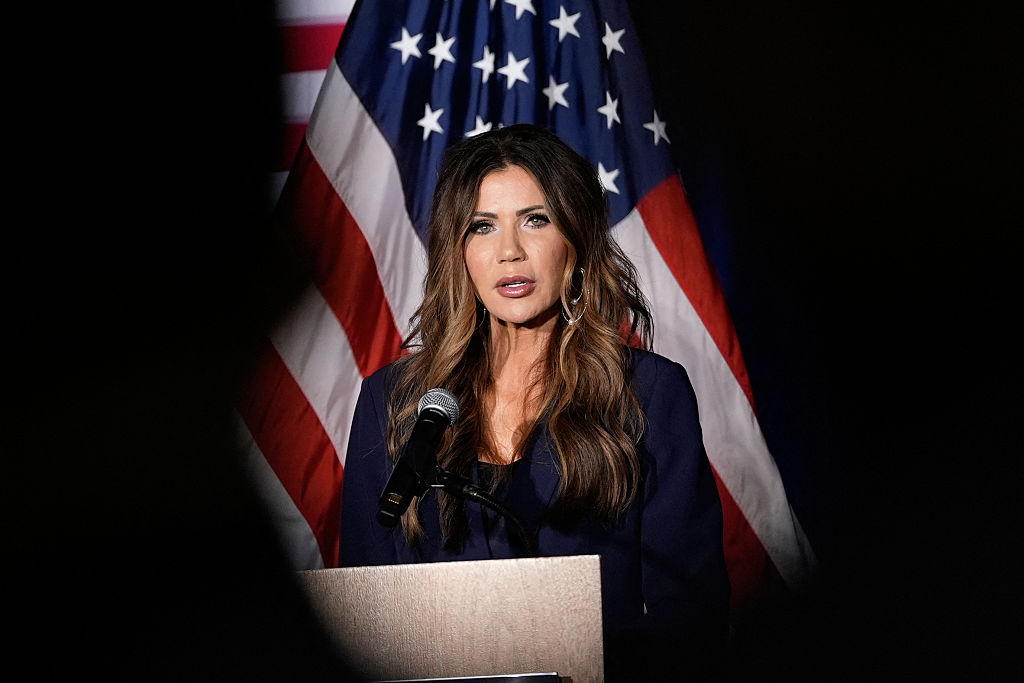
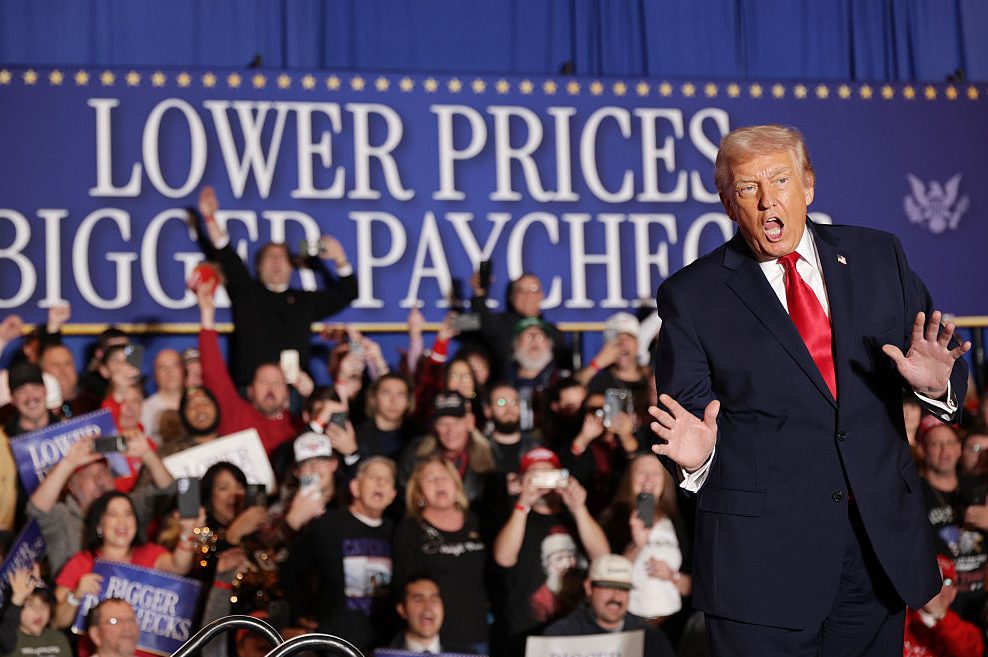
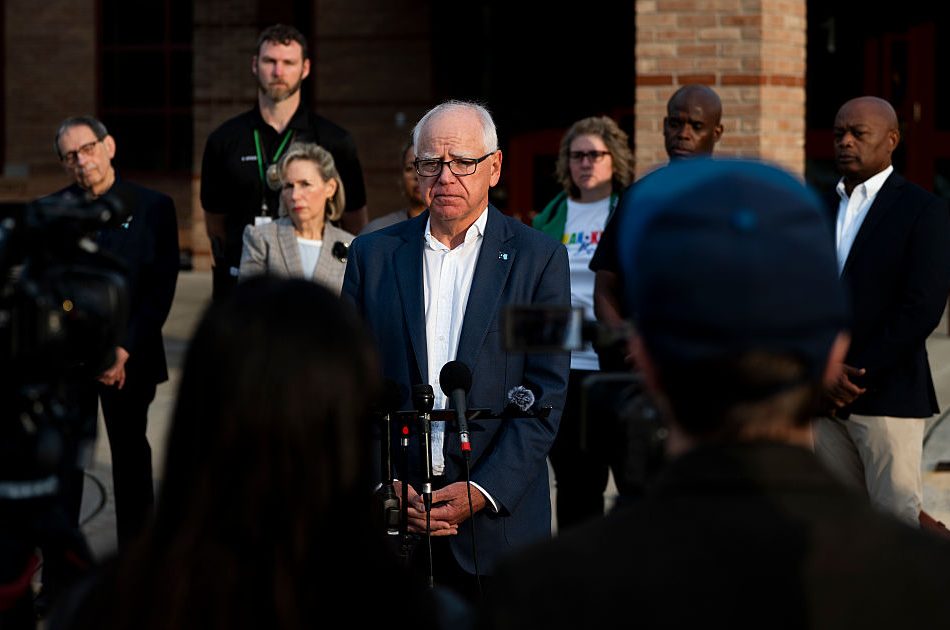










Leave a Reply